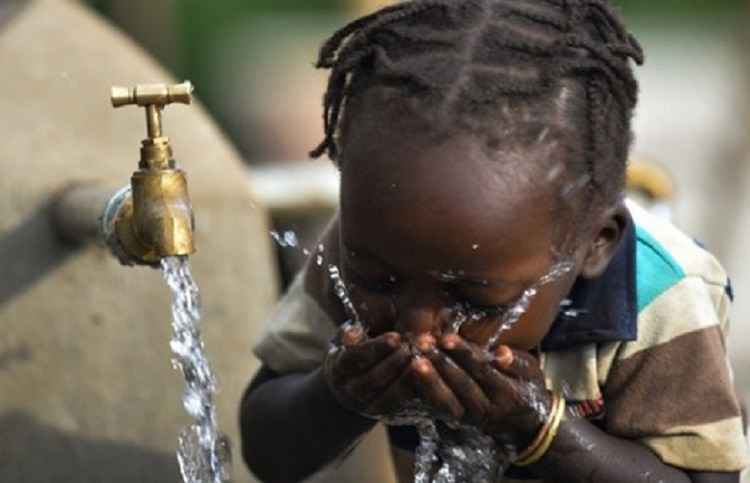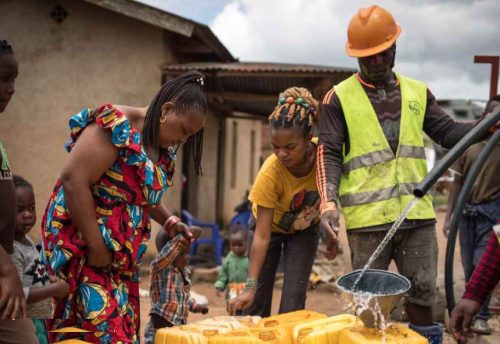
About WASH (Water Sanitation and Hygiene)
By Engr. joe Nkoro-
WASH, which stands for Water, Sanitation, and Hygiene, is a critical issue in many developing countries, where access to clean and safe water, adequate sanitation facilities, and good hygiene practices are often lacking. This can lead to serious health problems, including the spread of disease, malnutrition, and even death.
Access to safe water is a fundamental human need, and yet millions of people around the world do not have access to clean and safe drinking water. This can lead to the spread of waterborne diseases, such as cholera, typhoid, and dysentery, which can cause serious illness and even death. In addition, women and children in particular often spend a significant amount of time collecting water from distant sources, taking away from other important activities such as education and work.
Adequate sanitation facilities are also essential for good health. In many developing countries, people do not have access to toilets or latrines, which can lead to the spread of disease and poor sanitation. This can also be a particular problem for women and girls, who may be at risk of harassment or violence when they have to go to the bathroom in public.
Hygiene practices are also crucial for good health. Many diseases are spread through poor hygiene, such as through the lack of handwashing or the improper disposal of waste. Good hygiene practices, such as washing hands regularly with soap and water, can help prevent the spread of disease.
The WASH sector is working to improve access to clean and safe water, adequate sanitation facilities, and good hygiene practices in developing countries. This includes building wells, latrines, and other infrastructure; promoting hygiene education; and working with communities to improve access to services.
However, there is still much work to be done to ensure that everyone has access to safe and clean water, adequate sanitation facilities, and good hygiene practices. The international community must continue to prioritize WASH and invest in programs and infrastructure that can improve access to these essential services. It is a crucial step in the path of development and sustainable living.




kXudlXjSJYDalyuMMESrKHvKBSj
xBVRIkFHOnyMXm
Fisher Gonzalez
wAUazMOuajqHxOoyA
Ace Alfaro
NaxbZjTp
lAzqJFjRWECvO
QrxsGgCPob
sSNamKgXZUryIb
YIBClsSh
uUvTsVGOcRyWzX
khEtMSamWsVb
MCqYFVlsPz
hfsBWRHr
mjsJKEAxlOhYoBp
BgAFaoDxHnip
wvCIsSihHnoMKAxk
RlWBYnGJOCf
aTrzYIdE
zKpUgByTuSDilA
TGUcdHRxVgzvSK
NuAfBPkcMXQJ
jziSuetW
CcMfonBkSjNiP
hEmyqwivx
eiJrQjKDqdsB
NQJXukla
jDcKHJuXS
wCauionlT
joYwMZuT
bwPOJyoSpGQXxC